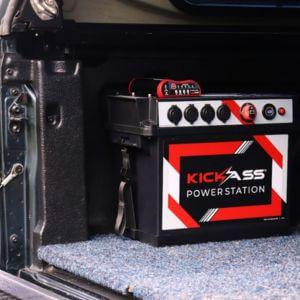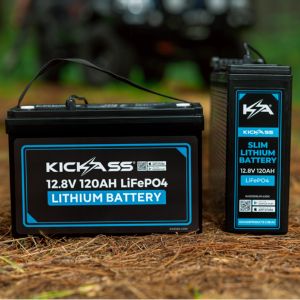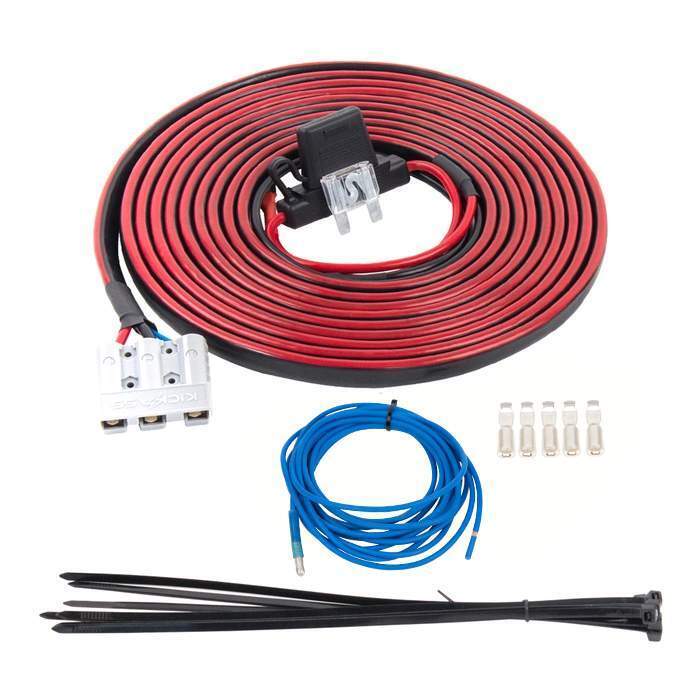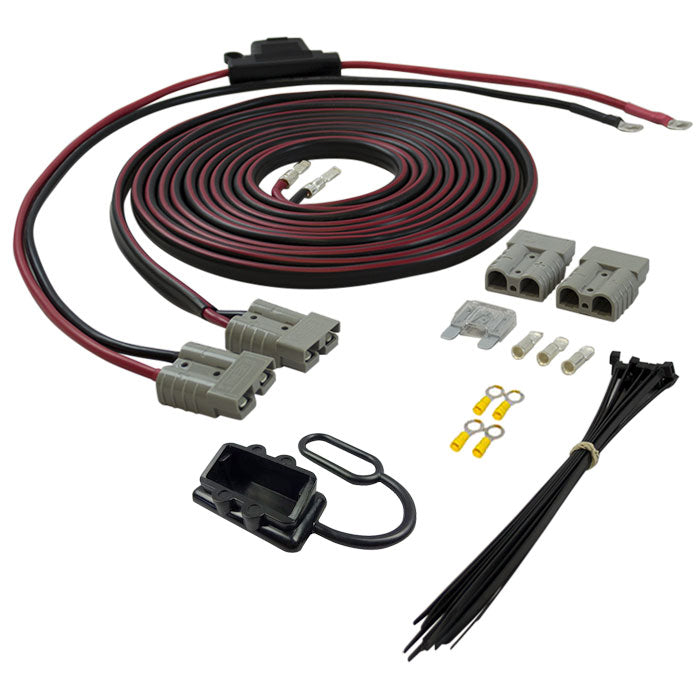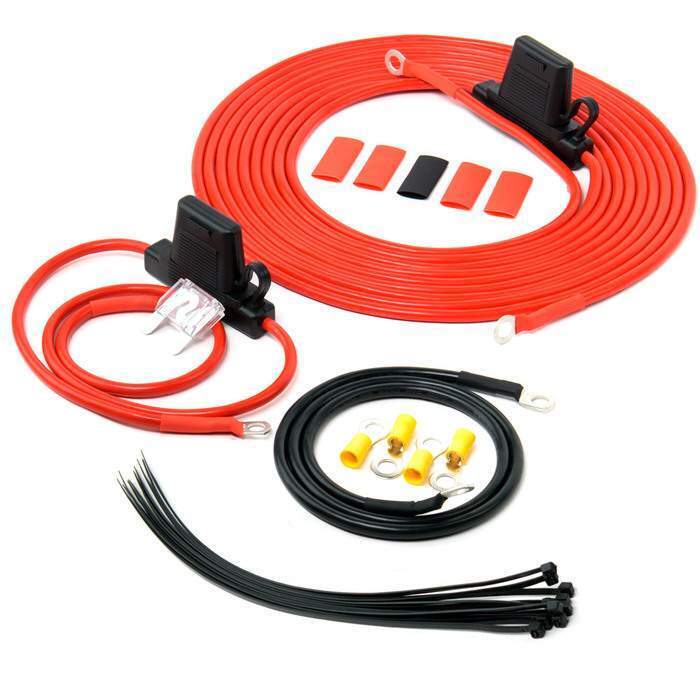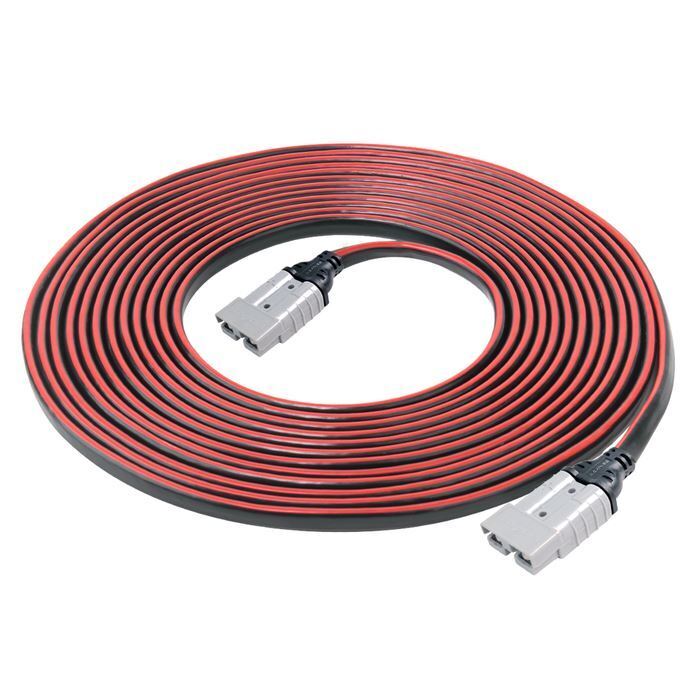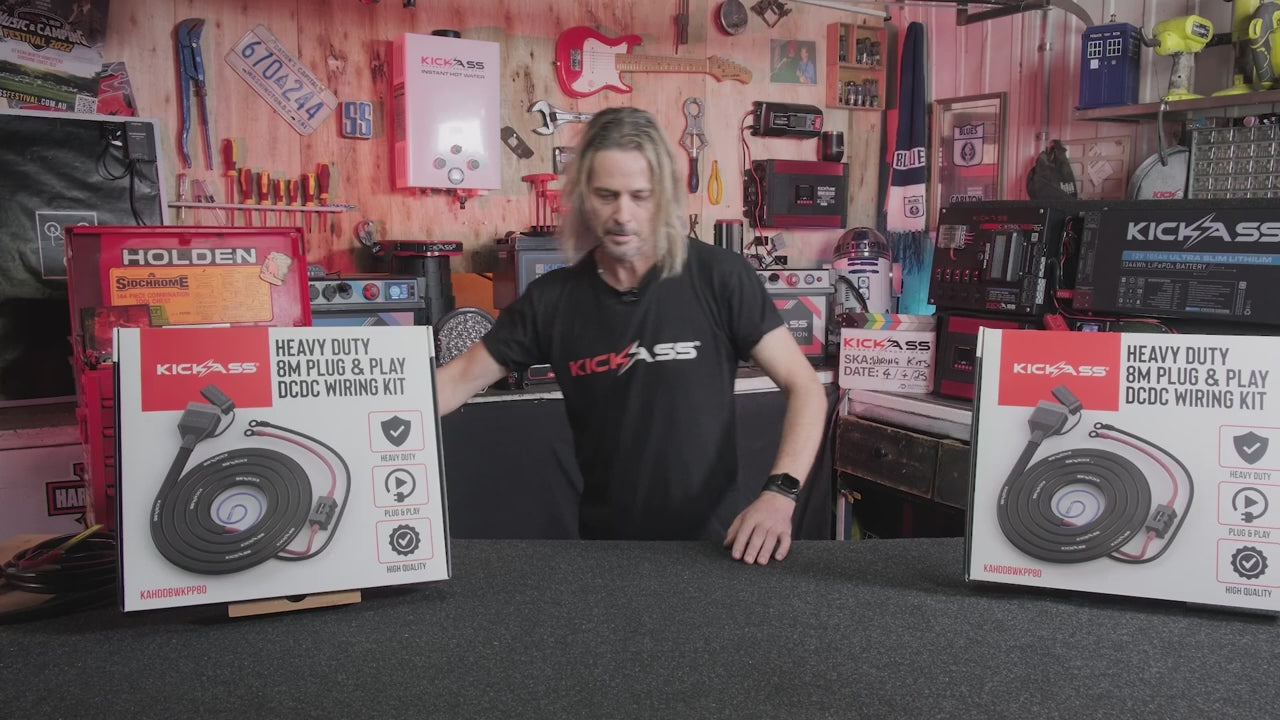
Watch our video on Why the Right Wire Gauge Matters in Your 12V Setup
KickAss Products
Why the Right Wire Gauge Matters in Your 12V Setup
FAQ: Why the Right Wire Gauge Matters in Your 12V Setup
How do you wire dual batteries?
What size cable for a 40A DCDC charger?
Does a DCDC charger need an isolator?
Our blog
Discover more guides, tips and tricks for powering up your outdoor adventures!
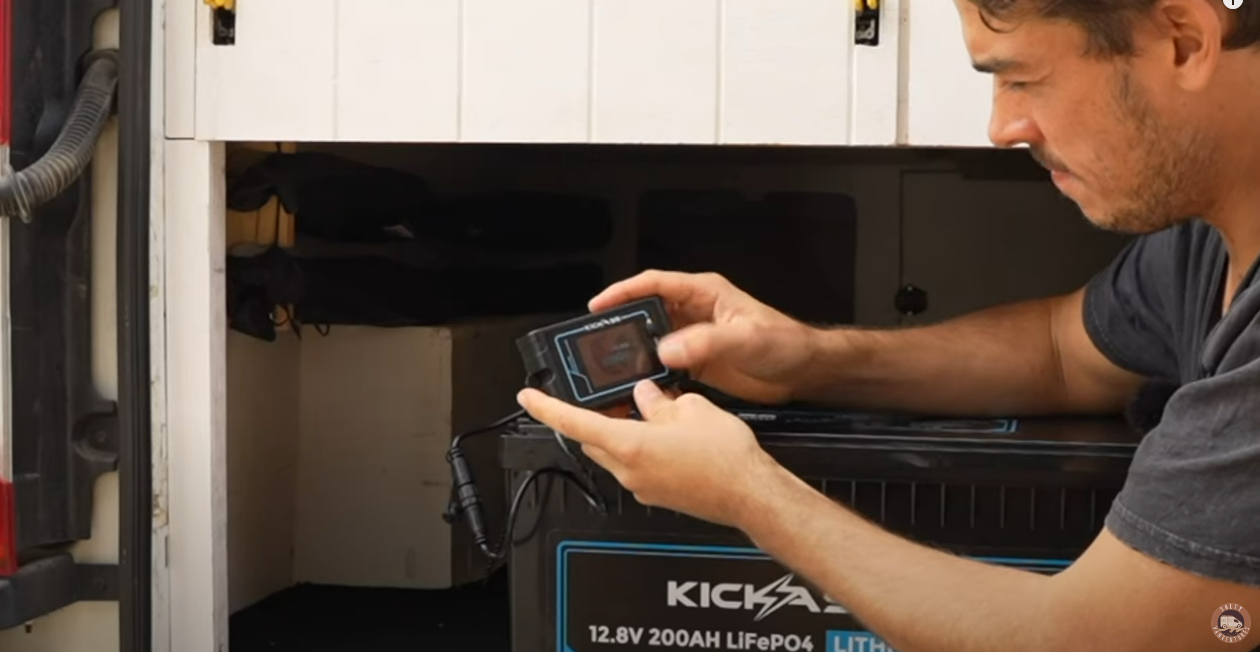
Battery Monitors and Alerts – Your Key To Keeping Your Battery System Safe
If you're preparing for an off-grid adventure, ensuring your battery system is reliable is critical. Whether you're powering a 12V fridge, charging devices, or running an electric BBQ, your battery...

Off-Grid Camping for Beginners: Must-Have Power Gear
If you’re planning your first off-grid camping trip, you’re probably looking forward to some peace, quiet, and adventure away from city life. However, going off-grid doesn’t mean you have to give u...
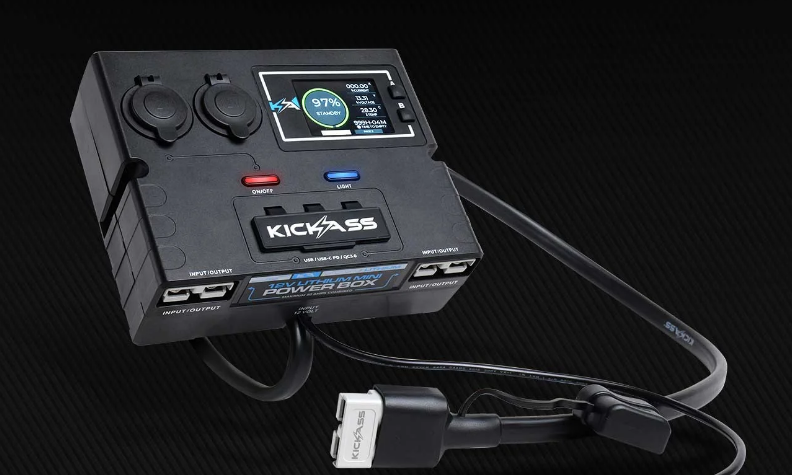
Step-by-Step Guide to Installing Your KickAss Lithium 12V Control Box with LCD Screen
Setting up your KickAss Lithium 12V Control Box with LCD Screen can greatly improve your off-grid experience by providing a dependable hub to manage all your devices. With the ability to charge mul...
